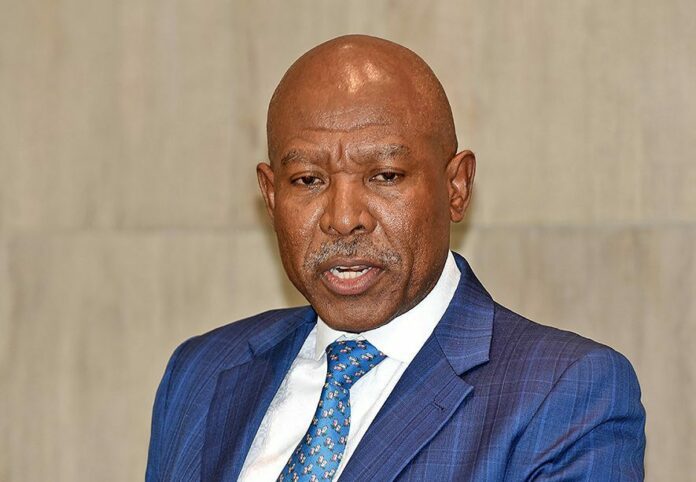Economists have lashed out at South African Reserve Bank governor Lesetja Kganyago, saying he was out of line and jumped the gun following his comments on the inflation target.
Kganyago announced on Thursday that the monetary policy committee prefers to aim for 3% inflation and will base its forecast on that figure going forward.
While announcing an interest rate decision, Kganyago said the central bank’s model shows that by targeting 3%, core inflation would remain steady, expectations would shift to a new low-inflation environment by 2027, and the exchange rate would likely strengthen.
Minister takes umbrage
However, like a principal dealing with a naughty pupil, Finance Minister Enoch Godongwana poured cold water on Kganyago’s plan on Friday. Economists who spoke to Sunday World said what transpired could strain the relations between Godongwana and Kganyago.
In a media statement, released on Friday, National Treasury said: “The Minister of Finance, Mr Enoch Godongwana, would like to provide clarity on the most recent announcement by the Monetary Policy Committee of the South African Reserve Bank that it has a preference to target inflation at 3% and that going forward its forecasting will be based on this target.
“As a result of this announcement, an expectation has been created that the minister of finance will make an announcement at the Medium-Term Budget Policy Statement (MTBPS) confirming this move to a 3% target. Minister Godongwana has no plans to do this,” said the statement from Godongwana’s office.
Not his call
Economist Duma Gqubule said Kganyago was trying to launch an aggressive campaign to mobilise society for the 3% inflation targeting.
“Lesetja crossed the line; it was the tail wagging the dog. The Treasury sets the targets and the SARB is given policy tools to achieve those targets. The SARB doesn’t set monetary policy. Lesetja had crossed the line and strayed way out of his lane.
Another economist, Mandla Maleka, said it was not necessary for Kganyago to announce the decision as if he had already received the blessing of the National Treasury.
“Kganyago should have said this is what we are wishing for,” said Maleka.
He said it was necessary for Godongwana to set the record straight because Kganyago has the influence of the markets.
“It needs to be the forte of the finance minister to set the policy targets for monetary policy, not the governor. You can set the bar very low and evaluate yourself, it can’t happen like that. Somebody needs to employ you, set the bar, and evaluate you about the bar, whether you have reached it or you are underperforming. I thought Lesetja just jumped the gun. He was ambushing the finance minister.”
Maleka said after Kganyago had made the announcement to the markets, it would have been difficult for Godongwana to contradict him.
“We are at 3% inflation because we are underperforming. How can you argue for 3% in an economy where people are not being hired, there is a lack of spending, manufacturing and productivity are low, and you are sitting with a prime of 10.5%? Bring the prime rate closer to that 3%, and then we can talk,” said Maleka.



